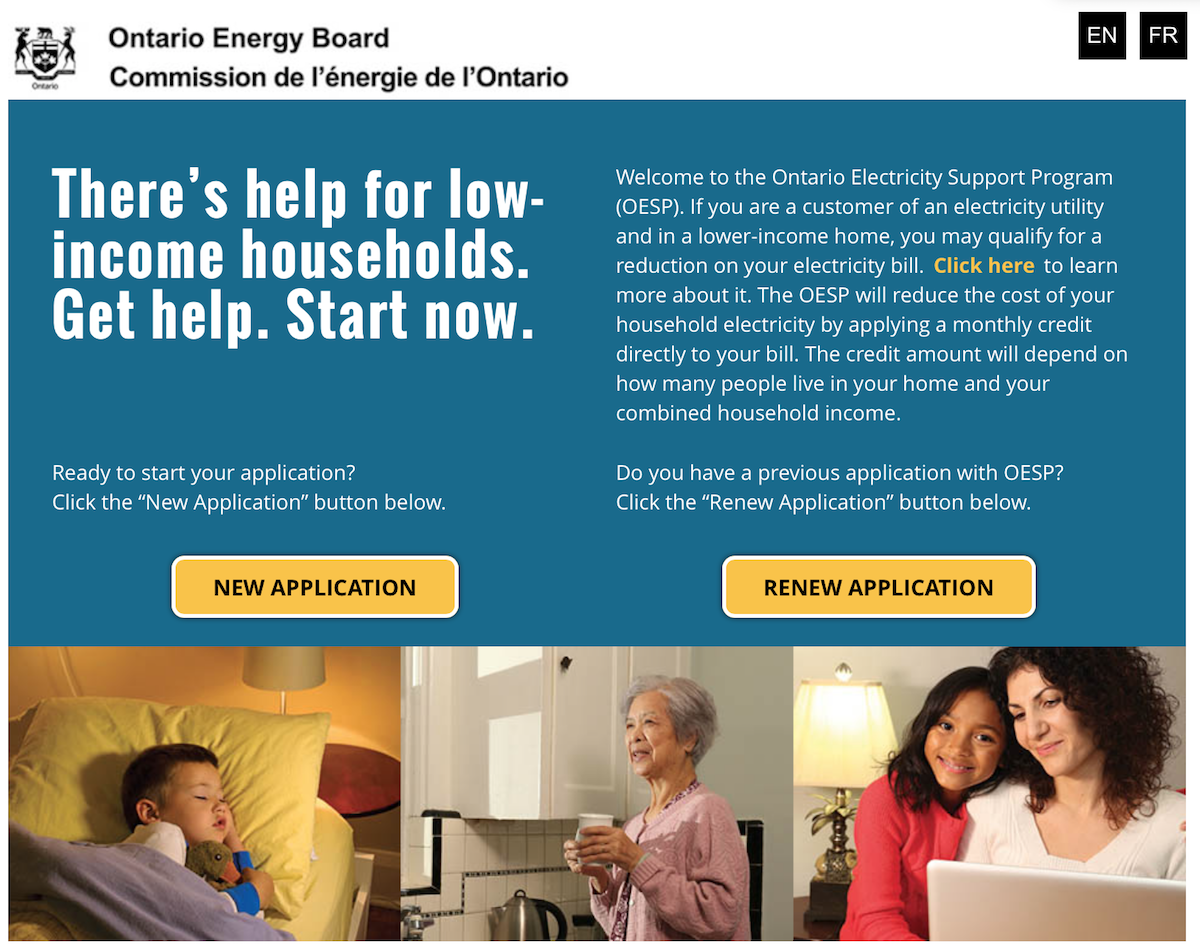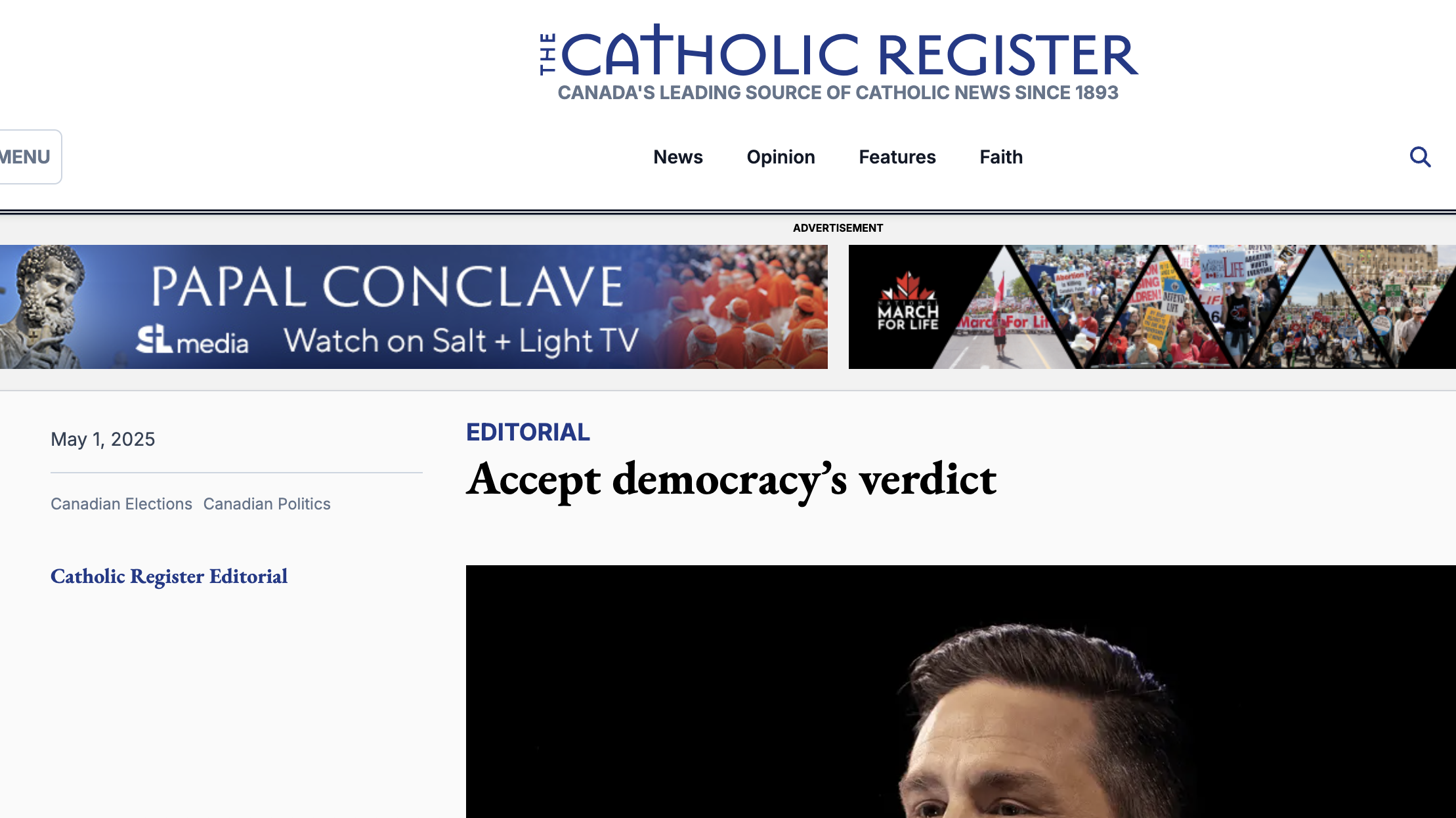Postmedia journalist Anthony Furey has in a recent series (Hydro headaches) documented the unfairness of the new system and the inability of the average electricity user to meet rising costs. That includes the farmer, whose cows do not recognize off-peak hours when needing to be fed, milked or just provided with light indoors, the small businessperson such as a convenience store owner who must use refrigeration for his products to be sold during daytime hours as well as the senior noted above.
Furey's articles in 24 Hrs, a commuter newspaper, focussed on consumers such as the woman who could not use her air conditioner during this summer's exceedingly hot conditions. She was forced to go to air-conditioned shops to cool down, as on a fixed and low income she simply could not afford to pay her hydro bill. While Furey's series recently ended the journalist has vowed to keep airing this issue to ensure that all are treated equitably. As it stands the pricing policy is socially unjust, targeting the poor and environmentalists.
Simply consider the individual customer living alone, who uses 200 kWh per month. (As is average for the pensioner noted above.) In January 1999 this customer's 1-month bill came to $23.20, or 11.6 cents per kWh, same kWh-cost as for all customers. Add to this the delivery charge and the debt reduction charge. Both are ignorant charges added by an inefficient monopoly. As a government owned utility responsibility for efficiency should be paramount, not accruing debts to pass on to the end-user. (Mr. Kim at his convenience store would never dream of adding a delivery charge to his bananas, reflecting the shipping costs from Costa Rica, as that is already in the price.)
But let us now look at the situation as of October 2016. The customer using 200 kWh per month pays $55.36, or 27.7 cents per kWh. Thus the bill for an average user for actual use of electricity has increased by 55%, but the bill for an energy-conserving customer has increased by 138%. This is because the delivery part of the bill is a much smaller percentage of the total bill for the heavier user than that of the energy-conserving user.
Hence, this is in effect a regressive tax, one also seen at the income taxation level. While the larger income earner does indeed pay thousands more than the low-income one, it is at a lower actual percentage than that of the one scrimping and saving to make ends meet. (Consider write-offs, tax dodges, merely to begin.) The delivery charge is, in effect, a special tax on the poor. The OEB has targeted energy efficient electricity users with massive increases, while targeting average users with reasonable increases.
If the energy-conserving customer were allowed to buy electricity at the same rate at the heavy user, the conserving customer would save, on average, $235.20 a year. Or in other words, the energy-conserving customer is penalized by $235.20 per year
A suitable analogy that reflects OEB's energy selling policy would be if gasoline retailers were to charge a hybrid automobile owner $3.00 a litre for fuel while charging those that drive gas-guzzlers $1.10 for the same amount. Why discriminate against the eco-minded driver, or in our case the energy conserver?
Hydro should not be a commodity that is priced regressively. In big cities living without heating and air conditioning in 2016 is almost impossible, and just about all necessary household appliances require electricity to run, with the partial exception of gas ranges, water heaters and furnaces. These three, though, also require electricity to operate, though obviously not to the extent of solely electrical appliances. No one could possible argue that electricity is not a vital, if not key component of a decent life in 2016.
The reader concerned about the above mentioned issues is strongly encouraged to contact those responsible and voice their views. After all, fairness and equal treatment is a cornerstone of our system.
OEB's e-mail: ConsumerRelations@ontarioenergyboard.ca
Toronto Hydro e-mail: Contactus@torontohydro.com
Ontario Clean Air e-mail: Angela@cleanairalliance.org
– With files from Alar Kalvik
(To be continued)
TÕNU NAELAPEA




